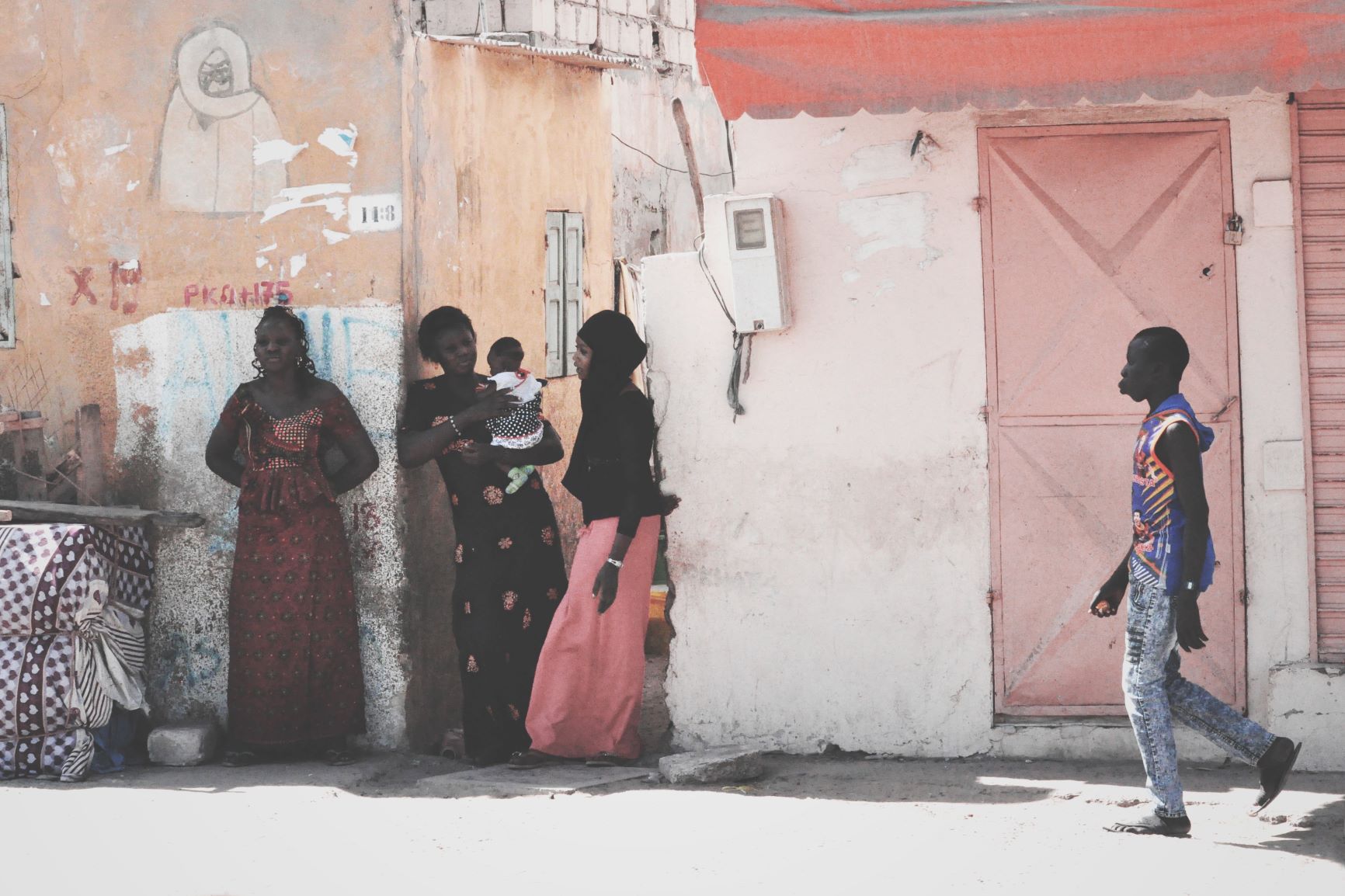
Imams support family planning in Senegal
Public health officials and NGOs in Senegal turn to mosques to expand the provision of family planning, The Christian Science Monitor reports. A key first step, results indicate.

Senegal is over 90% Muslim and has a fertility rate of 4.8, nearly double the global average. It has one of the lowest rates of contraceptive use in the world. Only half of the married women who would like to use modern contraception are able to. Access to contraceptives is limited, as is the knowledge of how to use them. Since 2011, the number of married Senegalese women using modern contraceptives has doubled from 12 per cent to about 23 per cent, according to the Senegalese statistics and demography agency. Religion is not the only factor influencing contraceptive use, but gaining support from religious leaders has proven vital, public health officials and NGOs explain.
“Any time we come to a town, the first thing we do is go to a religious leader to explain what we are doing, so that they can become our link with the population,” says Michèle Diop Niang, program director for Marie Stopes International Senegal, a family planning NGO. “It’s very important because where we work, if people don’t have the support of a religious leader, they won’t use family planning at all.”
Modern methods for old practices
The notion that modern contraception is a continuation of traditional Islamic practices has been key. It is based on several passages from the Quran that instruct women to breastfeed for at least two years – a natural, albeit imperfect, form of birth control.
“Family planning is just a new word for what we have always done according to Islam,” says Seyni Cisse, an imam in the southern city of Ziguinchor.
A major turning point was five years ago when an influential imam almost lost one of his wives to childbirth. The midwife told them that they had to stop having children or else she could die. Spacing births makes mothers stronger, reducing the number of child and maternal deaths.
Many Islamic leaders continue to oppose contraceptive use and others who do support it are clear it only concerns married women in monogamous relationships. Read more on population and religion here.
The African challenge
Africa is where the greatest population growth will take place over the next century. While fertility rates are dropping across sub-Saharan Africa, they are not falling consistently. In addition to problems of access to family planning and cultural or religious opposition to contraception, in some parts of Africa, desire for a large family remains a strong influencing factor.
Creative family planning approaches are having success in addressing these problems but the very high proportion of young people in Africa in comparison to other parts of the world means far more people there are of childbearing age, counterbalancing the falls in fertility per person.
Family planning for sustainable development
Among the United Nations Sustainable Development Goals, which were adopted in September 2015, is Target 3.7: “By 2030, ensure universal access to sexual and reproductive health-care services, including for family planning, information and education, and the integration of reproductive health into national strategies and programmes.”
Access to family planning services is fundamental to slowing and reversing unsustainable population growth.

